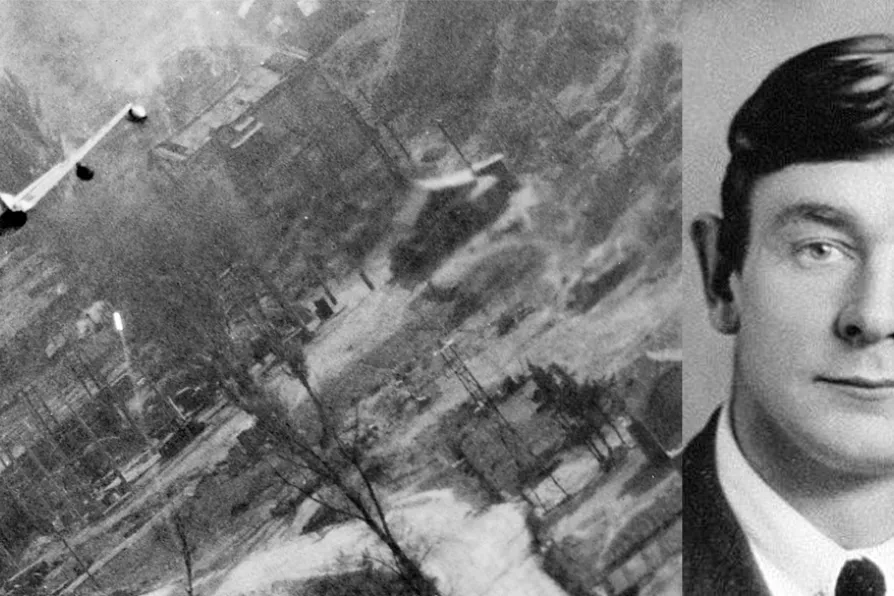The far right thrives on division, but denying racism within the left only strengthens it. As we mobilise for the All Together March, real solidarity demands honesty about our own failures, argues ROGER McKENZIE
The first huge example since 1945 of a US-driven war was that in Korea, begun in late June 1950 and ending with an armistice — but not a final peace settlement — on July 27 1953.


 Latest editorial
Latest editorial













